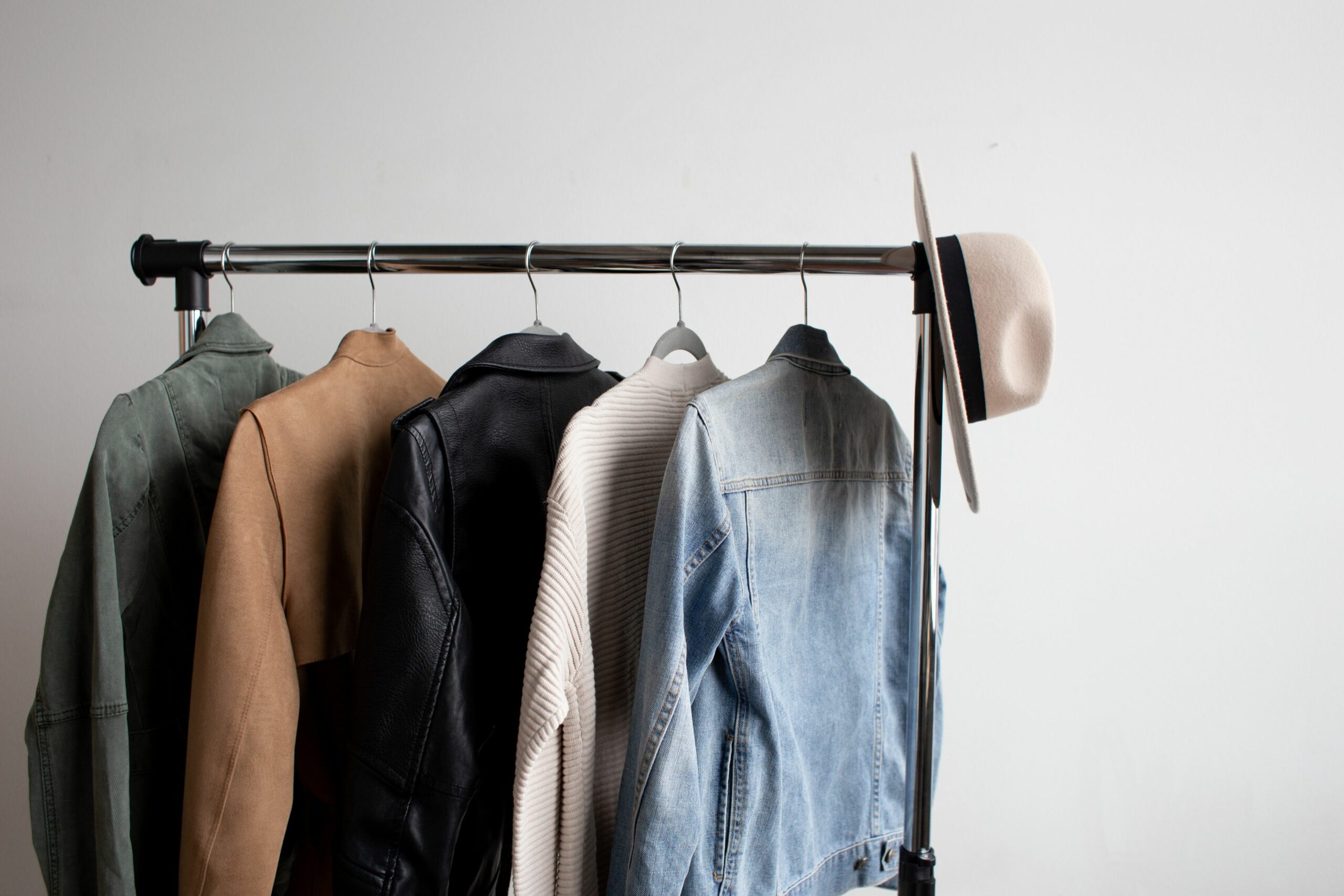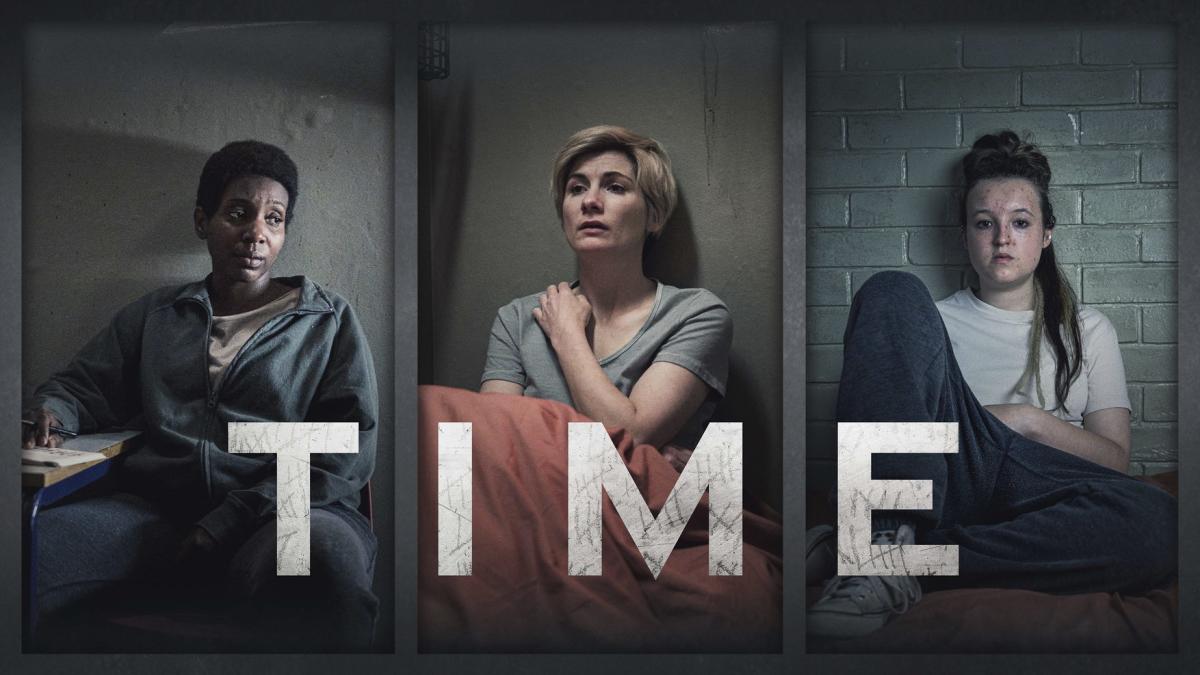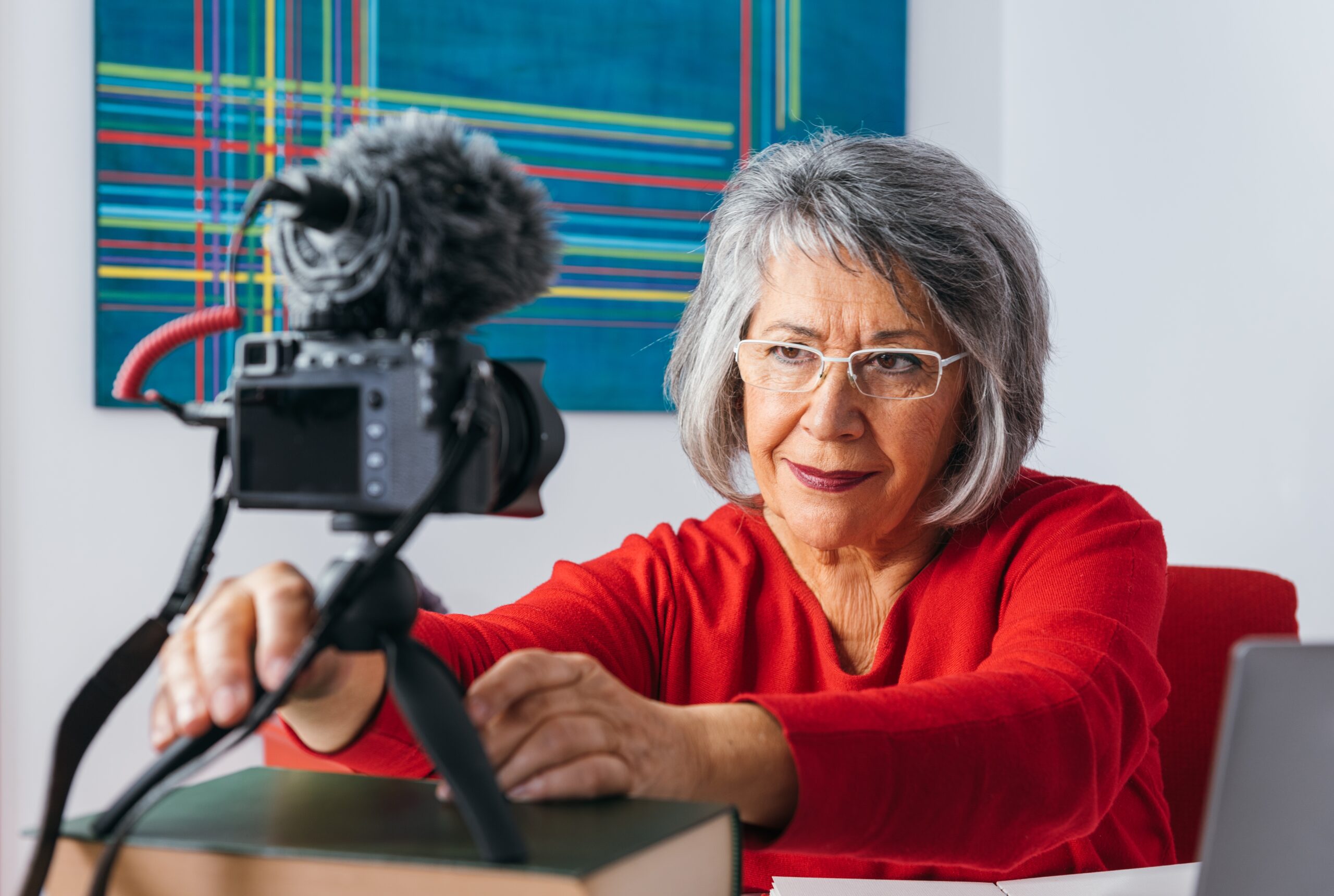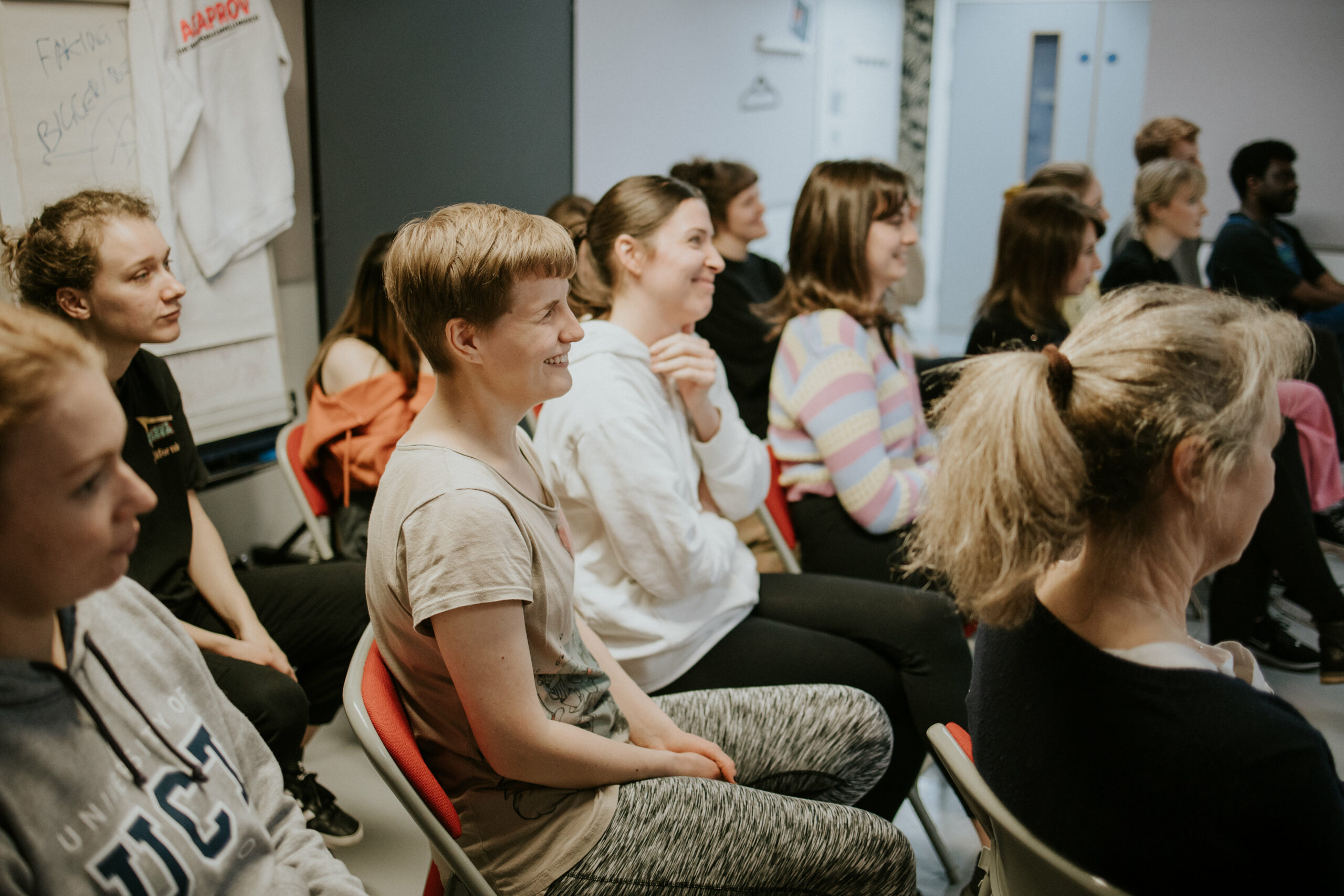Actress Lauren McCrostie explains how making subtle character references in your clothing choices can help you dress for a successful audition.
By choosing an outfit well you help the casting director ‘see’ you in the role
As actors, we all acknowledge the importance of preparing as much and as best as possible for any audition piece we’re given. With the industry being as rumbustious as it is, it is of no surprise how far we will sometimes go with our lists of preparations and precautions to take before any given meet.
After receiving sides to prepare we vigilantly learn lines, create character biographies and fastidiously research all the production and creative teams involved. We also ensure we arrive at the audition with enough time to settle our spirits. This preparation is sacred and safe to us as actors; it grants us a sense control and deeper understanding of the work.
But do you ever think about dressing for the part you’re up for? Considering 98% of actors are juggling other jobs, it’s likely that you would have squeezed auditions into your other work schedule so you may not be dressed appropriately. Or you may be so busy studying the script that you’ve run out of time to consider what you’d wear for the occasion.
The way you dress for a part can have considerable influence. Here are the reasons why you should dedicate time to contemplating what you should wear when auditioning.
The science of dressing
The psychology behind dressing is a well-documented field. As people begin to realise how powerful dressing can be in affecting a person’s perception of you, the number of studies is increasing.
In a published study looking into how clothing influences impressions of us, a man being interviewed for an office-based job, “after just a three-second exposure, people judged the man more favourably in [a] bespoke suit”. The interviewer rated him as “more confident, successful, flexible and a higher earner” because he was in a tailor-made suit.
This emphasises the power of dressing. This combined with the fact that 60-80% of communication is non-verbal, proves to be a good reason to pay attention to your attire.
In other industries, there is a collective understanding of the significance of dressing well for any potential job. You hope to impress and want to look as professional, reliable and suitable for the role as possible. You want to subconsciously persuade the interviewer that you are the perfect candidate and can trust that you are able to execute the job well.
You may be thinking, “how does this affect me as an actor? I can’t wear a suit and tie to every audition!” Well, like any interview, in an audition you hope to convince the interviewer or, in our case, the casting director that you’re perfect for the role. This remains the same when submitting a self-tape too. Dress well and dress for your character.
Opt for subtle, suitable references to the character you are playing instead of a full-blown costume
Less is more
You needn’t purchase a whole new outfit for an audition. Look into your wardrobe or borrow from friends or family to give hints to the role you’re auditioning for. Less is really more here.
Opt for subtle, suitable references to the character you are playing instead of a full-blown costume. Do not enter an audition fully gowned and jewelled if auditioning for a royal icon! Make small, simple choices that are still noticeable. Perhaps pick pastel tones and plait your hair if auditioning for a younger role or wear bold, primary coloured pieces if going up for a superhero part etc.
Small yet noticeable choices in your clothing help to imply certainty about your character to anyone you’re interacting with. By choosing an outfit well you’re helping the casting director or director ‘see’ you in the role. You will feel more certain of, and connected to, the role, which will only help to improve your reading and confidence. The casting director will likely pick up on your clothing hints (remember, small nods to a character, not massive signposts!), acknowledging the effort you’ve taken and therefore respect how important the work is to you.
Take some control
Actors routinely feel helpless and swamped when going up for parts – they feel lost in a sea of competition and nepotism. I hope to remind you of the control you do have. Making small, yet precise, character references in your attire will serve to extend the impact of your performances and, hopefully, help you dress for success.
Lauren McCrostie is an actress and writer based in London. Previous acting work includes Tim Burton’s ‘Miss Peregrines Home for Peculiar Children’ and Carol Morley’s ‘The Falling’. Lauren also runs her own newsletter (happy helpful homework) which falls in line with her deep passion for sustainability and all things green.












